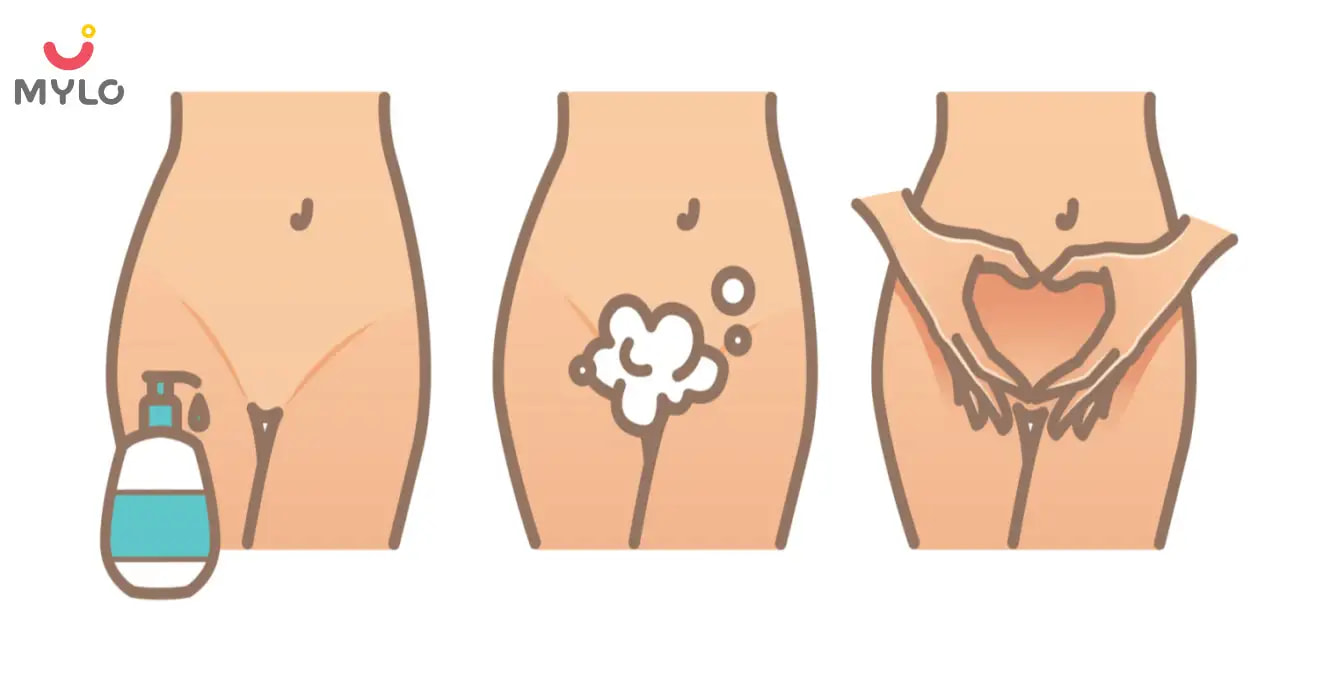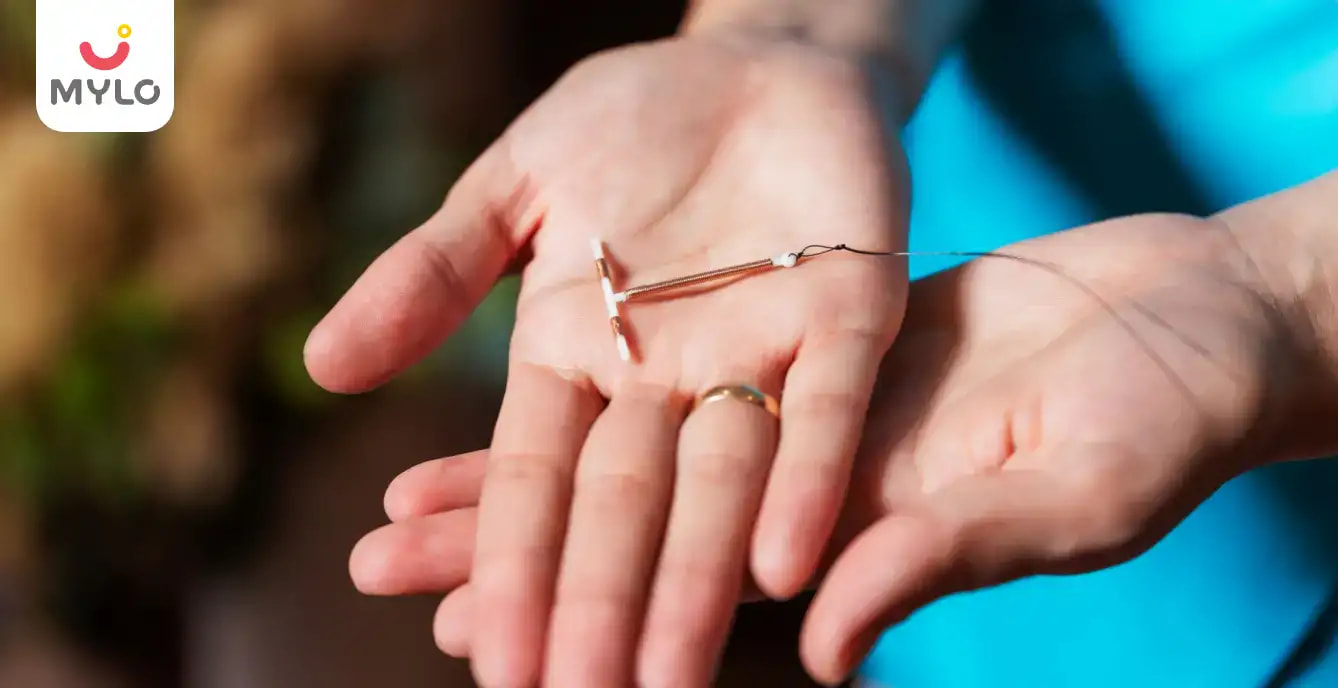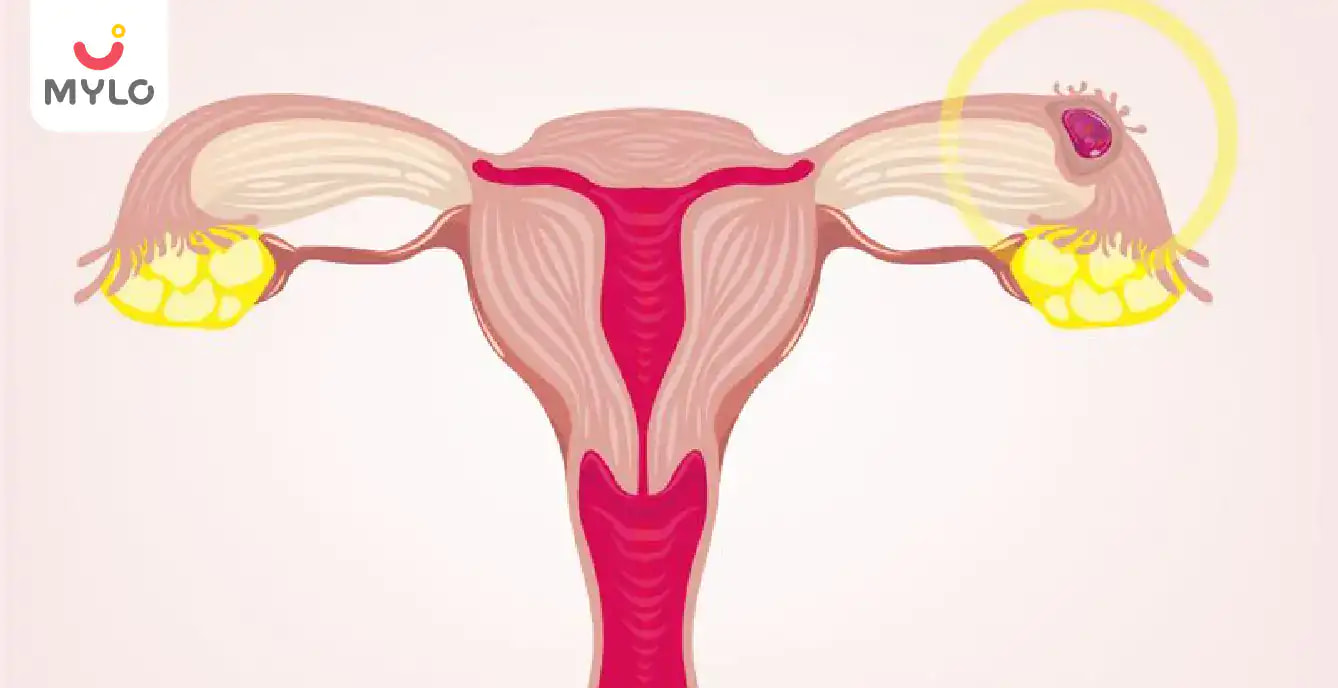Home

Abortion

How Soon After an Abortion Can You Get Pregnant?
In this Article

Abortion
How Soon After an Abortion Can You Get Pregnant?
Updated on 11 December 2023



Medically Reviewed by
Dr. Shruti Tanwar
C-section & gynae problems - MBBS| MS (OBS & Gynae)
View Profile

Tears streamed down Esha’s cheeks as she sat in the dimly lit doctor’s office, her heart heavy with the diagnosis she had received- an ectopic pregnancy. She had to undergo an abortion, a decision that left her and her husband, Kartik, feeling heartbroken. In the weeks that followed the abortion, their mind buzzed with questions, and one, in particular, kept haunting them: how soon after an abortion can you get pregnant?
This deeply personal experience ignited a thirst for knowledge and a desire to understand the complex intricacies of getting pregnant after abortion. Esha and Kartik embarked on a journey of research, consulting medical experts, and delving into scientific literature. So, let’s join them and navigate how long after an abortion can you get pregnant.
Can I get pregnant after abortion?
After undergoing an abortion, many women wonder about their chances of getting pregnant again. The answer is yes, you can get pregnant after an abortion. While it is important to give your body time to heal and recover, it is possible to conceive again in the future. However, the timing can vary for each individual.
What are the chances of pregnancy after abortion?
The chances of getting pregnant after an abortion depend on various factors such as the type of abortion procedure, your overall health, and your age. In general, the odds of pregnancy after abortion are similar to those of women who have not had an abortion.
Several factors can affect your chances of getting pregnant after an abortion. These include:
1. Age
Age plays a significant role in fertility. Women who are older may have a harder time conceiving after an abortion.
2. Overall health
Your overall health and well-being can impact your chances of getting pregnant. It is important to maintain a healthy lifestyle and address any underlying health issues.
3. Type of abortion procedure
The type of abortion procedure you had can influence how soon you can get pregnant again. Surgical abortions typically require a longer recovery time compared to medication abortions.
4. Hormonal balance
Hormonal imbalances can affect fertility. It is important to monitor your hormone levels and consult with a healthcare professional if you have any concerns.
5. Previous fertility issues
If you had fertility issues before your abortion, it is important to address them before trying to conceive again. Consult with a fertility specialist to determine the best course of action.
Can abortion cause infertility?
There is a common misconception that abortion can cause infertility. However, in most cases, abortion does not lead to long-term infertility. Complications from abortion procedures are rare and usually do not affect future fertility. It is essential to follow all post-abortion care instructions provided by your healthcare provider and give your body time to heal before attempting to conceive again.
Signs of infertility after abortion
While abortion itself does not usually cause infertility, there are other factors that can impact fertility. Some signs of infertility post abortion may include:
- irregular periods
- pelvic pain
- difficulty conceiving
If you experience any of these symptoms, it is important to consult with your healthcare provider to determine the underlying cause and seek appropriate treatment.
You may also like: Breast Pain After Abortion: Pain Relief Methods
How soon after an abortion can you get pregnant?
If you wish to try for a baby again, then doctors always recommend waiting for at least 3 months after the abortion or a miscarriage, to ensure the wellbeing of the mother and her baby. No doubt, multiple abortions can make you emotionally weak and your cervix might have become weak. You must eat a healthy diet, go for a walk, meditate, and don’t stress yourself with all the setbacks you had earlier.
While it is generally safe to get pregnant after an abortion, there are some risks to be aware of. These risks include:
1. Increased risk of complications
Some studies suggest that women who get pregnant within six months of an abortion may have a slightly higher risk of complications, such as preterm birth or low birth weight.
2. Repeat abortion
If you have had multiple abortions, it is important to address any underlying issues that may be contributing to the need for repeated abortions. Consult with a healthcare professional for guidance and support.
3. Emotional considerations
It is important to consider the emotional impact of getting pregnant after an abortion. Some women may experience mixed emotions or have concerns about their ability to carry a pregnancy to term.
You may also like: 8 Steps to Help You Recover Emotionally from the Loss of Your Baby
When to try for pregnancy after abortion?
Deciding when to try for pregnancy after an abortion is a personal decision that depends on various factors. It is important to consider your emotional and physical readiness, as well as the advice of your healthcare provider. While it is possible to get pregnant soon after an abortion, it is beneficial to give your body time to recover and ensure that you are in optimal health before attempting to conceive again. Additionally, it is essential to use contraception if you do not wish to become pregnant immediately after an abortion.
You may also like: After-Abortion Sex: A Guide to Physical and Emotional Wellness
FAQs
1. I've had 4 abortions, can I still get pregnant?
Having multiple abortions does not necessarily mean that you cannot get pregnant. However, it is important to address any underlying issues that may be contributing to the need for repeated abortions. Consult with a healthcare provider for a comprehensive evaluation and guidance.
2. What are the chances of getting pregnant 2 weeks after abortion?
Getting pregnant 2 weeks after an abortion is highly unlikely. It is important to give your body time to heal and for your menstrual cycle to return to normal before attempting to conceive again. Consult with your healthcare provider for personalized advice.
3. After abortion, how many days to get pregnant?
After an abortion, it is recommended to wait at least one full menstrual cycle before attempting to conceive again. This typically takes around 4-6 weeks. However, every woman is different, and it is important to consult with your healthcare provider for guidance based on your individual circumstances.
The Bottomline
For couples wondering how soon after an abortion can you get pregnant, it’s important to understand that the timing can vary for each woman. It is important to give your body time to heal and to address any underlying issues that may affect your fertility. Consult with your healthcare provider for personalized advice and guidance. Remember to prioritize your emotional well-being throughout the process.
References
1. Schliep KC, Mitchell EM, Mumford SL, Radin RG, Zarek SM, Sjaarda L, Schisterman EF. (2016). Trying to Conceive After an Early Pregnancy Loss: An Assessment on How Long Couples Should Wait. Obstet Gynecol.
2. Davanzo J, Hale L, Rahman M. (2012). How long after a miscarriage should women wait before becoming pregnant again? Multivariate analysis of cohort data from Matlab, Bangladesh. BMJ Open.





Medically Reviewed by
Dr. Shruti Tanwar
C-section & gynae problems - MBBS| MS (OBS & Gynae)
View Profile


Written by
Ishmeet Kaur
Ishmeet is an experienced content writer with a demonstrated history of working in the internet industry. She is skilled in Editing, Public Speaking, Blogging, Creative Writing, and Social Media.
Read MoreGet baby's diet chart, and growth tips

Related Articles
RECENTLY PUBLISHED ARTICLES
our most recent articles
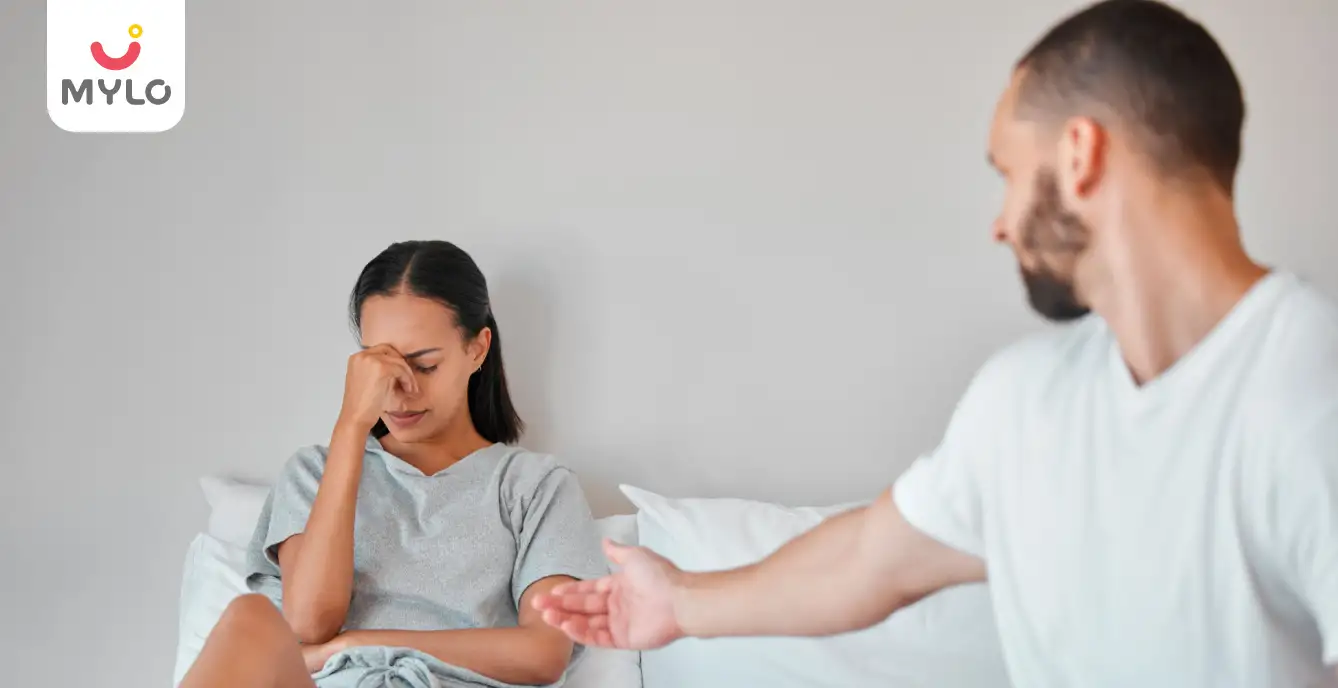
PCOS & PCOD
PCOS and Sex: Exploring Impact on Health and Debunking Common Myths

PCOS & PCOD
Papaya for PCOS: Exploring the Link and How It Can Positively Impact Your Health
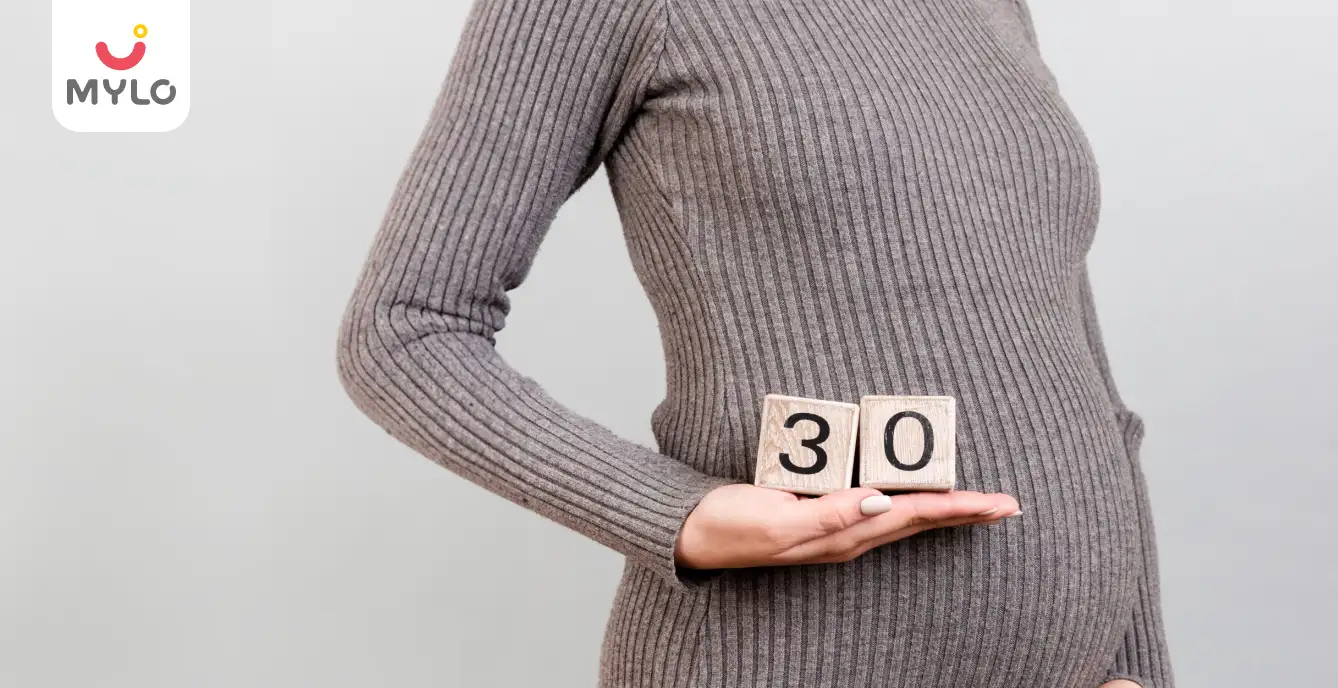
Fertility
How to Boost Fertility in Your 30s: The Ultimate Guide

Anovulation Meaning Explained: What You Need to Know About Its Causes & Treatment
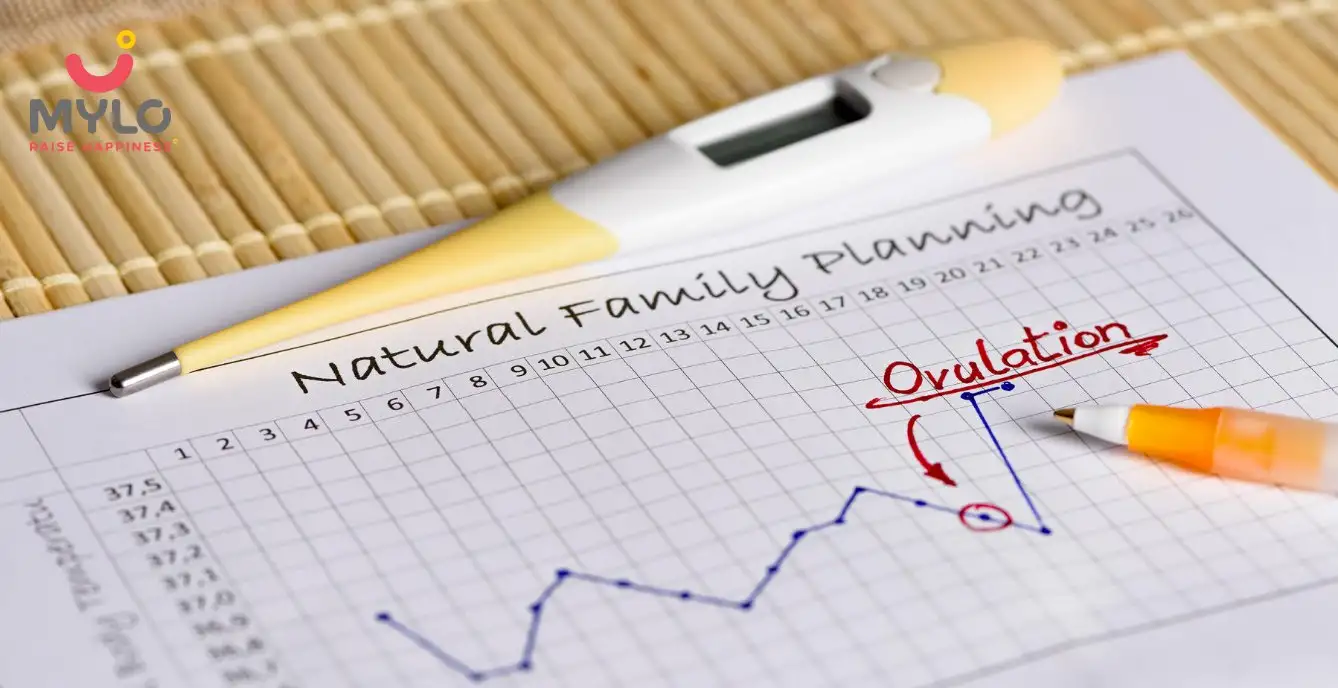
Basal Body Temperature
Basal Body Temperature: How It Can Help You Track Ovulation?
Ovulation
Ovulation Pain: Is It Normal or a Cause for Concern?
- Special Home Remedies For Gas During Pregnancy
- PCOD Problem After Marriage: Debunking Common Misconceptions and Finding Solutions
- White Discharge After Ovulation: A Normal Occurrence or Cause for Concern?
- Normal Ovary Size: How It Varies and What It Means for You
- 2024 Calendar with Holidays and Festivals of India
- After-Abortion Sex: A Guide to Physical and Emotional Wellness
- Cervical Cerclage: A Closer Look at the Procedure and Its Benefits
- The Ultimate Guide to Panchatantra Stories for Kids
- Which Is Better Normal Or Cesarean Delivery
- How to Get Baby in Right Position for Birth?
- Paheliyan 101: Riddles for Kids That Educate and Entertain
- The ABCs of Cephalic Presentation: A Comprehensive Guide for Moms-to-Be
- The Ultimate Guide to Consuming Chia Seeds in Pregnancy
- Essential Tips for Normal Delivery After Cesarean


AWARDS AND RECOGNITION

Mylo wins Forbes D2C Disruptor award

Mylo wins The Economic Times Promising Brands 2022
AS SEEN IN
















- Mylo Care: Effective and science-backed personal care and wellness solutions for a joyful you.
- Mylo Baby: Science-backed, gentle and effective personal care & hygiene range for your little one.
- Mylo Community: Trusted and empathetic community of 10mn+ parents and experts.
Product Categories
baby carrier | baby soap | baby wipes | stretch marks cream | baby cream | baby shampoo | baby massage oil | baby hair oil | stretch marks oil | baby body wash | baby powder | baby lotion | diaper rash cream | newborn diapers | teether | baby kajal | baby diapers | cloth diapers |




